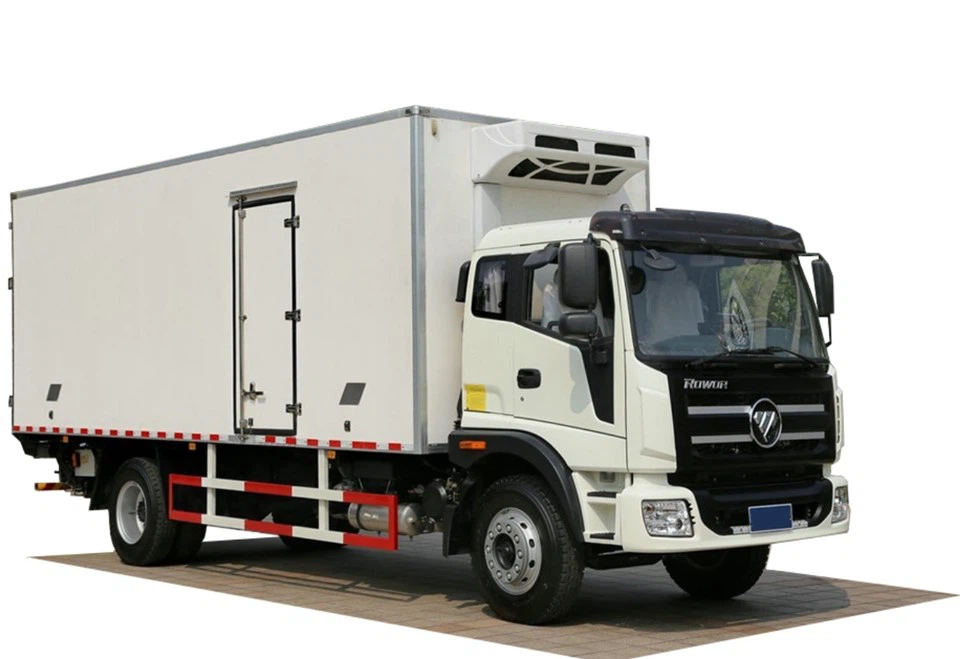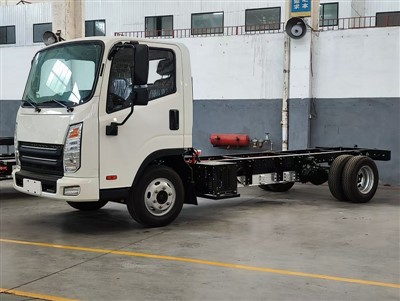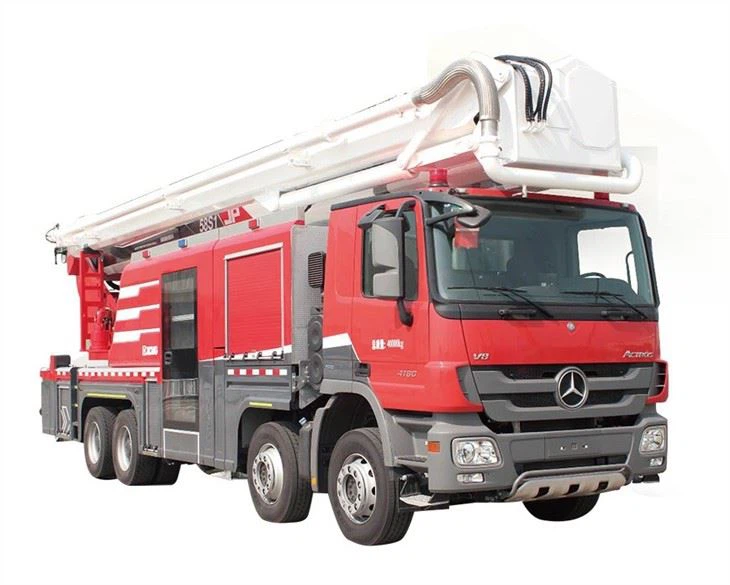Choosing the Right Refrigerator for Your Truck: A Comprehensive Guide

Introduction
When you’re on the road for long hours, having a reliable refrigerator in your truck can make a world of difference. From keeping perishables fresh to providing a stash of cold drinks, a truck refrigerator is essential for truck drivers, road trippers, and anyone who spends considerable time on the road. This article covers everything you need to know about refrigerators specifically designed for trucks, including types, features, installation tips, and maintenance advice, ensuring you make an informed decision for your needs.
Types of Refrigerators for Trucks
1. Portable Refrigerators
Portable refrigerators are compact and designed to fit snugly in your truck. They are great for short trips or as a temporary solution. These models often use 12V DC power, making them ideal for use in vehicles.
2. Truck Fridge Units
These refrigerators are specifically designed for installation in large trucks. They offer more space and power options, accommodating long-haul truckers who need ample storage for food.
3. Coolers with Refrigeration Functions
Some coolers come equipped with refrigeration technology, providing the versatility of a cooler with the functionality of a fridge. These are often lighter but may not offer as much storage.
4. Built-in Refrigerators
For larger trucks or those with more complex setups, built-in refrigerators offer a seamless solution. They can be integrated into the truck’s structures, providing high capacity and efficient cooling.
Key Features to Consider
1. Size and Capacity
The size of the refrigerator will depend on your specific needs. Evaluate how much food and beverage storage you require. Portable models may range from 20 to 50 liters, while built-in options can be much larger.
2. Power Options

Look for refrigerators that offer multiple power options such as 12V, 24V, and AC power. This versatility allows you to operate the fridge even when the truck is turned off or parked.
3. Temperature Range
Ensure the refrigerator has an adjustable temperature range that suits your storage requirements. Some units can even work in extreme conditions, keeping contents frozen or just chilled, depending on your needs.
4. Insulation Quality
Good insulation increases efficiency and helps maintain desired temperatures for longer periods. Check for reviews on insulation effectiveness.
5. Portability
If you prefer a portable fridge, consider weight and ease of movement. Look for models with built-in handles or wheels for convenient transportation.
6. Price and Warranty

Prices can vary significantly based on size and features. Spend time researching and ensure that the model you choose comes with a decent warranty for peace of mind.
Installation Tips for Truck Refrigerators

1. Tools Required
Gather essential tools such as a screwdriver, drill, and maybe a helper for larger units to make the installation process smoother.
2. Measuring Space
Before purchasing, measure the available space in your truck. Ensure the refrigerator will fit without obstructing access or air flow.
3. Secure Fitting
Ensure that the refrigerator is securely installed to avoid damage on bumpy roads. Use straps or brackets if necessary.
4. Ventilation
Proper ventilation increases efficiency. Ensure there is enough airflow around the unit, especially if installed in a confined space.
5. Electrical Connections
For wired installations, connect using the truck’s battery or power supply. Ensure your wiring is up to standard to prevent faults and maintain safety.
Maintenance Tips for Longevity
1. Clean Regularly
Keep the interior of the fridge clean and free from spills. A clean fridge prevents odors and bacterial growth.
2. Check Seals
Inspect door seals regularly. Worn seals can cause temperature fluctuations and increase energy consumption.
3. Keep It Level
For optimal operation, make sure the refrigerator is kept level. An uneven surface can affect cooling performance.
4. Defrost When Necessary
Some models need periodic defrosting. Follow manufacturer instructions to keep the fridge running efficiently.
Energy Efficiency and Cost Savings
1. Choosing Energy-Efficient Models
Look for refrigerators with energy-efficient ratings. These models can save on battery and fuel expenses while reducing your carbon footprint.
2. Optimize Usage
Only open the fridge when necessary. Plan your meals to minimize how often the door is opened, retaining cool air.
3. Monitor Performance
Regularly check and ensure that your refrigerator maintains cold temperatures. If not, it could be costing you more in energy.
Practical Examples and Tips for Truck Drivers
1. Meal Planning
Planning meals in advance can reduce food waste and save money. Store ingredients that can be used in multiple meals to maximize space.
2. Use Containers
Invest in stackable and airtight storage containers to save space and organize food items better.
3. Utilize Ice Packs
On particularly hot days, adding ice packs can help maintain lower temperatures efficiently and prolong cooling, especially during long trips.
4. Consider a Dual-Zone Fridge
A dual-zone refrigerator allows you to store both chilled and frozen items, providing maximum versatility for various food types.
FAQs About Refrigerators for Trucks
1. How long can a truck refrigerator keep food cold without external power?
The duration depends on the model and insulation quality but typically ranging from 8 to 24 hours for portable units.
2. Can I run a truck refrigerator while driving?
Yes, most truck refrigerators are designed to work on 12V power from your vehicle and can be operated while driving.
3. What temperature should I set my truck refrigerator?
A temperature between 35°F to 38°F (1°C to 3°C) is ideal for most perishables, while frozen foods should be at 0°F (-18°C).
4. Are all truck refrigerators energy-efficient?
No, energy efficiency varies by model. Always check for energy ratings and reviews before purchase.
5. Do I need special electrical connections for my truck refrigerator?
Most truck refrigerators can be directly plugged into the truck’s DC power outlet; however, built-in types might require professional installation.
6. How can I maintain the battery life while using a truck refrigerator?
Opt for energy-efficient models, minimize door openings, and ensure good ventilation, as these practices can significantly prolong battery life.
